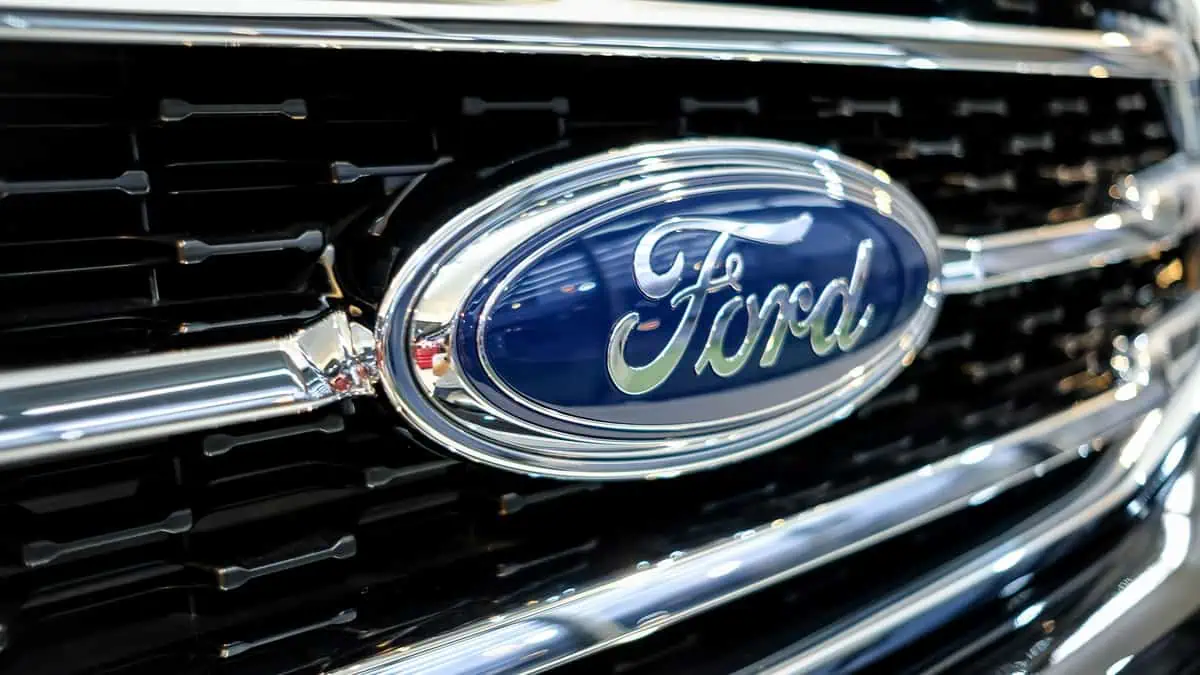Volkswagen CEO Thomas Schafer believes that the company’s autonomous cars will be mainstream by 2030 globally. In an interview with AutoCar, Schafer said that the automaker was “consolidating its development partnerships.”
“Our goal is to offer our customers the most powerful functions at the earliest possible time and to set up our development as cost-effectively as possible,” Schafer added.
Notably, Cariad, its software company, will focus on autonomous development in China, and Bosch will be its partner for the rest of the world. Schafer said that the company was driving autonomously in Munich and Hamburg, as per Teslarati.
“The technology is available, and we are driving in Hamburg and Munich autonomously. The cost of the car is still prohibitive because so little of it gets manufactured. And there’s always the need to prove that the system drives better than a human. The legislation for it is enormous. It’s totally different from country to country.”
“You have to put focus on [autonomous driving], and that is why we are pushing so hard in the CV division, because once it happens, it opens up profit pools and opportunities. I wouldn’t say winner takes it all but it’s a game that you need to be in early. You can not wait and then fast forward so that’s why we’re totally focusing on it,” Schafer said.
Challenges of rolling out autonomous vehicles
In addition, Schafter spoke of some of the company’s problems with rolling out self-driving vehicles.
“It’s the legislation, the camera systems, the chips, the energy consumption and the speed of calculation. The car will be the biggest data collection device there is. It’s really complex.”
Autonomous tech development
Volkswagen confirmed that its autonomous tech development for its future models would continue in collaboration with Bosch, Cariad, and Horizon Robotics. The manufacturer’s goal is “to offer our customers the most powerful functions at the earliest possible time and to set up our development as cost-effectively as possible.”
The next breakthrough for VW is the rollout of a ride-hailing service with the self-driving VW ID. Buzz in Hamburg in 2025, with autonomous van prototypes already testing on public roads.
Most carmakers have delayed their plans for autonomous driving due to the ongoing semiconductor shortage, the legislation that differs in each region, the significant investments required for electrification, and other factors holding back development.
500,000 vehicle delivery worldwide
In a piece of separate news, Volkswagen recently announced that since the first ID.3 models were handed to consumers in October 2020, and despite supply constraints, the company successfully delivered half a million from the ID. family worldwide.






